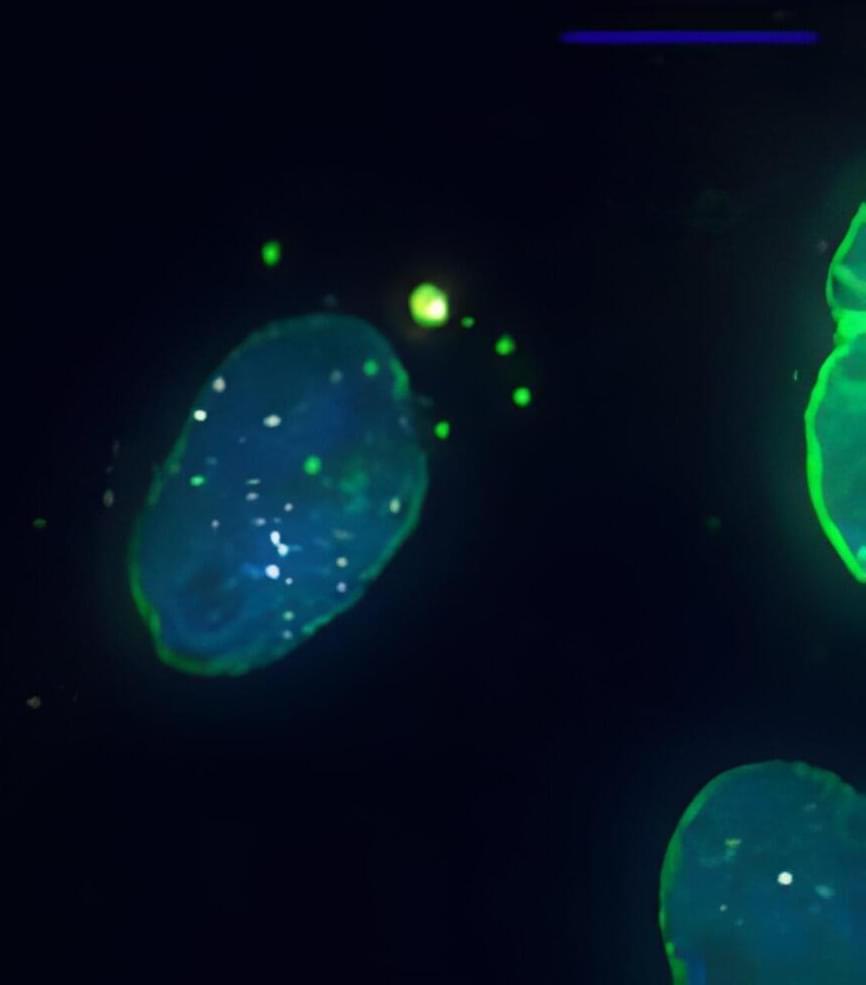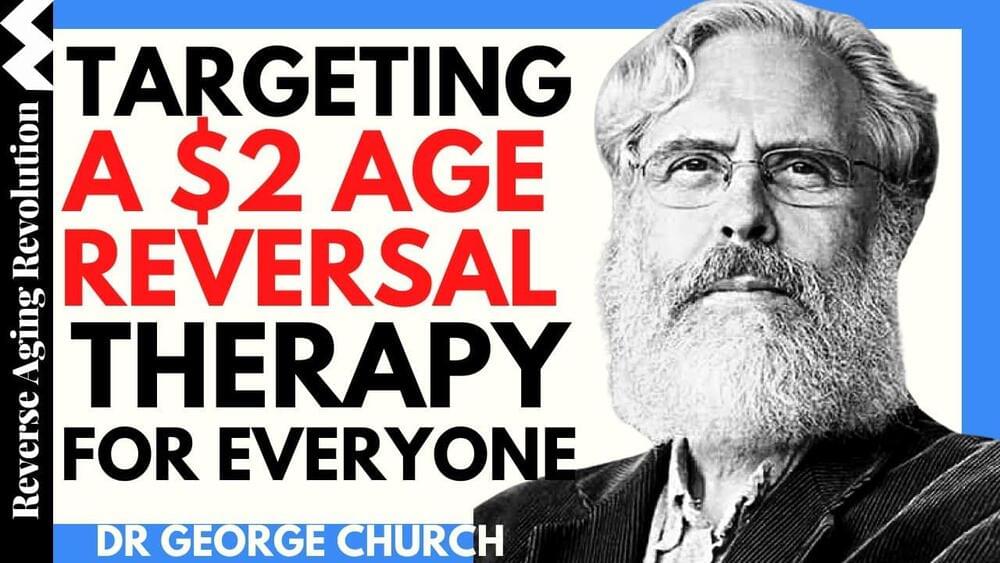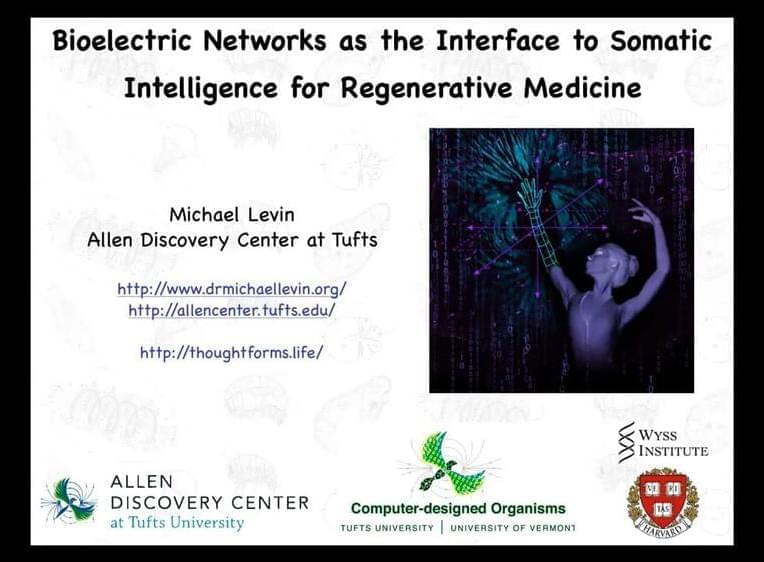Oct 5, 2023
Turning Back the Clock: Surgical Procedure Slows Cellular Aging and Extends Lifespan by up to 10%
Posted by Paul Battista in categories: biotech/medical, chemistry, life extension
A process of surgically joining the circulatory systems of a young and old mouse has been found to slow aging at a cellular level and extend the older animal’s life by as much as 10%.
Recently published in Nature Aging, a study led by researchers from Duke Health discovered the longer the animals shared circulation, the longer the anti-aging benefits lasted once the two were no longer connected.
The findings suggest that the young benefit from a cocktail of components and chemicals in their blood that contribute to vitality, and these factors could potentially be isolated as therapies to speed healing, rejuvenate the body, and add years to an older individual’s life.



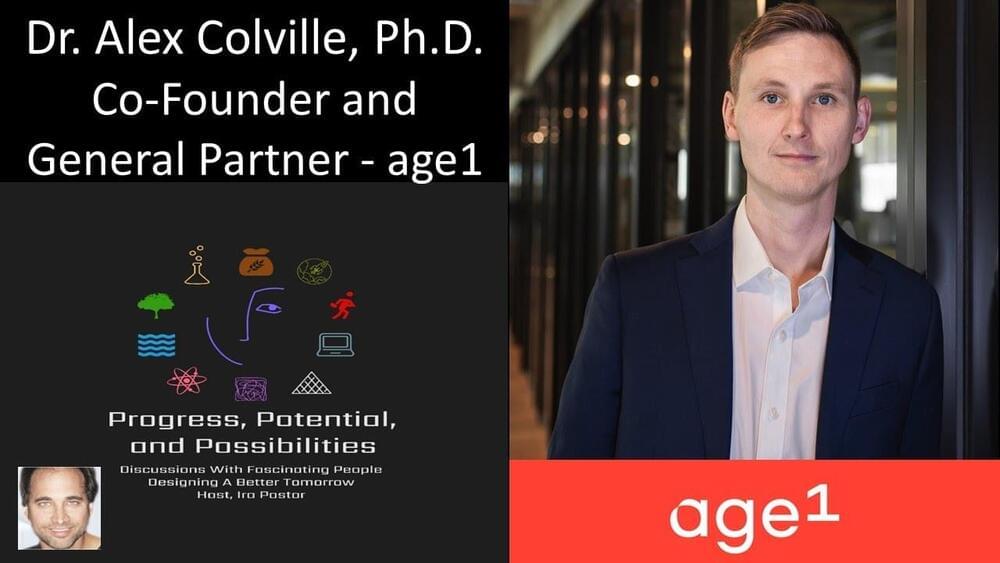
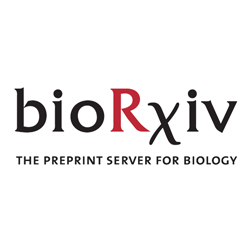 150 YEARS MAXIMUM BIOLOGICAL AGE — “We observed, that the age-dependent population DOSI distribution broadening could be explained by a progressive loss of physiological resilience measured by the DOSI auto-correlation time. Extrapolation of this trend suggested that DOSI recovery time and variance would simultaneously diverge at a critical point of 120 − 150 years of age corresponding to a complete loss of resilience. The observation was immediately confirmed by the independent analysis of correlation properties of intraday physical activity levels fluctuations collected by wearable devices. We conclude that the criticality resulting in the end of life is an intrinsic biological property of an organism that is independent of stress factors and signifies a fundamental or absolute limit of human lifespan.”
150 YEARS MAXIMUM BIOLOGICAL AGE — “We observed, that the age-dependent population DOSI distribution broadening could be explained by a progressive loss of physiological resilience measured by the DOSI auto-correlation time. Extrapolation of this trend suggested that DOSI recovery time and variance would simultaneously diverge at a critical point of 120 − 150 years of age corresponding to a complete loss of resilience. The observation was immediately confirmed by the independent analysis of correlation properties of intraday physical activity levels fluctuations collected by wearable devices. We conclude that the criticality resulting in the end of life is an intrinsic biological property of an organism that is independent of stress factors and signifies a fundamental or absolute limit of human lifespan.”